What About Hormones?

For both men and women, mood and hormone communication are closely linked. In clinical psychiatry (at least speaking to my own formerly conventional psychiatry practice) we are frankly often afraid to talk about hormones because we are afraid we won’t know enough to do anything about it if there is a problem! Sometimes this leaves patients feeling helpless as they may have been referred to a psychiatrist after an initial concern over hormones doesn’t turn up many answers at their doctor’s office.
Common Hormones Affecting Mood
Other than the stress hormones (cortisol, adrenaline, etc.) which we touched on earlier, thyroid hormone, estrogen, testosterone and progesterone are the most common hormones that can affect one’s mood. Depression and anxiety, in particular, are often symptoms related to dysfunction in these hormones.
The way functional medicine approaches hormones is to look more deeply at their functioning and interrelationships. Hormone levels dance on the web of biological interconnectedness. In this dance when one goes left, another goes right, others move aside, and if one moves too quickly it can leave the others on the floor!
Optimizing Hormones
Without going into the pros and cons of different types of hormone replacement, what I’d like to mention here is that there are many ways to optimize your hormones through lifestyle.
- Controlling inflammation
- Managing stress
- Repairing increased intestinal permeability
- Regulating blood sugar
- Improving elimination of hormone metabolites
- Avoiding constipation
- Improving sleep
- Addressing micronutrient deficiencies
- Avoiding endocrine disrupting chemicals
So, women, go ahead, increase your fiber, grind those flaxseeds and chop the broccoli! All can help balance your estrogen levels. And men? The biggest boost to testosterone comes through exercise!

